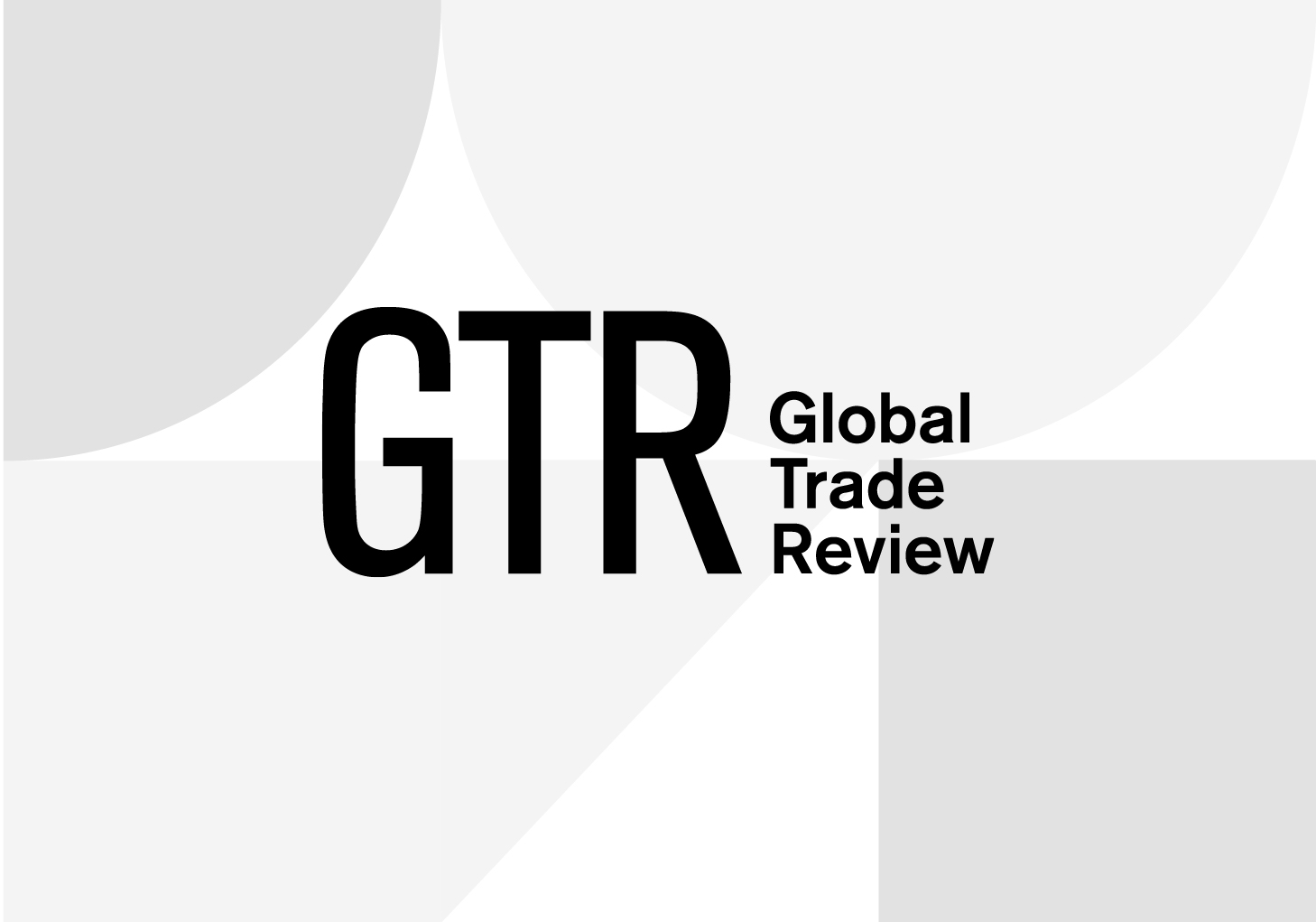The ADB has lent US$200mn to finance Indian climate change projects, in the week that the Indian government ratified the Paris Agreement.
India is the world’s third-largest CO2 emitter, after China and the US, accounting for 4.5% of the global total. The Paris Agreement commits India to reducing the energy intensity of its economy by 33% from 2005 levels by 2020.
The ADB has estimated that to achieve an intermediate reduction of 20% by 2020, India will need to invest US$68bn in energy efficiency measures. The development bank is to expand its regional lending in the sector to US$6bn by the same year.
The borrower on this project is Energy Efficiency Services (EESL), a joint venture between four public sector bodies – the National Thermal Power Corporation, Powergrid Corporation of India, Power Finance Corporation and Rural Electrification Corporation.
This US$200mn will be matched by US$200mn from the books of EESL, which in turn will be matched by US$400mn from the Indian government.
The money will finance energy-saving projects that typically have trouble attracting commercial financing. EESL will make loans available for installing light-emitting diode (LED) municipal streetlights, energy-efficient domestic lights and fans, and energy-efficient agriculture water pumps.
In total, the investment is expected to fund 1.5 million LED street lamps, 42 million LED household lamps, ceiling fans and LED tube lights, and 225,000 new pumps. Initially, these will be in the states of Andhra Pradesh, Goa, Karnataka, Maharashtra, Rajasthan, Telangana and Uttar Pradesh.
This, the ADB says, will end up saving around 3,800GW hours of energy a year, equivalent to the annual output of two 300MW coal-fired power stations.
“This scale of transition cannot fail to impact the trade of a whole range of goods and commodities, and therefore those that finance that trade,” Thomas Verhagen, CISL
The Paris Agreement is likely to be cemented this week, with the EU Parliament today (October 4) voting overwhelmingly to ratify.
The agreement requires at least 55 countries with combined carbon emissions of 55% of the global total to ratify before it passes into law.
While India became the 62nd country to ratify, the EU’s rubberstamp will take it past the 55% mark, given that the bloc accounts for 12% of global emissions.
Canada will also ratify the pact this week. Prime minister Justin Trudeau has told Parliament that his government would impose a tax on carbon emissions in 2018 in order to meet the targets.
The Paris Agreement is an effort to cap global warming at under 2% of pre-industrial revolution levels, ideally under 1.5%. The ambitious target was welcomed by environmental groups and is likely to have far-reaching consequences for global trade.
Thomas Verhagen of the Cambridge Institute for Sustainable Leadership describes it as a “game-changer”, and says that those involved in trade finance will have to revise their practices accordingly.
Speaking on the ratification by China and the US in September, he told GTR: “The Paris Climate Agreement will, I think, be seen by leaders across the financial sector as evidence that governments are serious about transforming the global economy. This scale of transition cannot fail to impact the trade of a whole range of goods and commodities, and therefore those that finance that trade.”
Already, large agri-business companies have launched an alliance to collectively tackle the environmental and social challenges facing agricultural supply chains.
The Global Agri-business Alliance (GAA) was launched in September in Singapore by 36 large companies, including Olam International, Sime Darby, Saudi Arabia Basic Industries Corporation (SABIC) and Agrocorp International.
Billed as “a CEO-led private sector initiative seeking to contribute significantly to the delivery of the UN Sustainable Development Goals (SDGs) by 2030”, the group will be headquartered in Kuala Lumpur. Its core aim will be to “end hunger, achieve food security and improved nutrition, and promote sustainable agriculture”.







